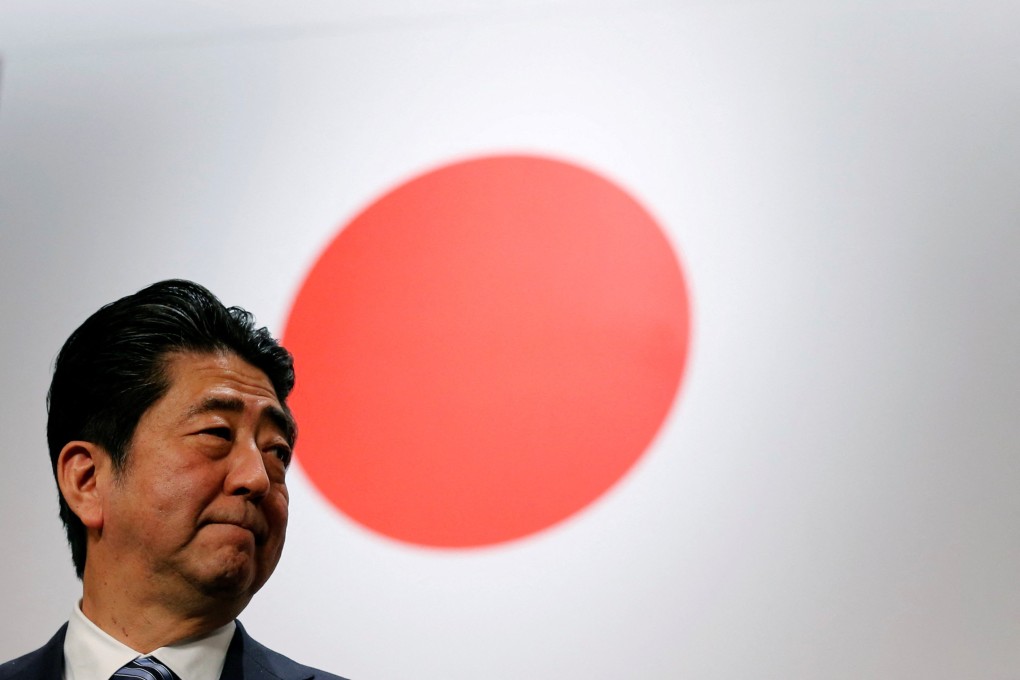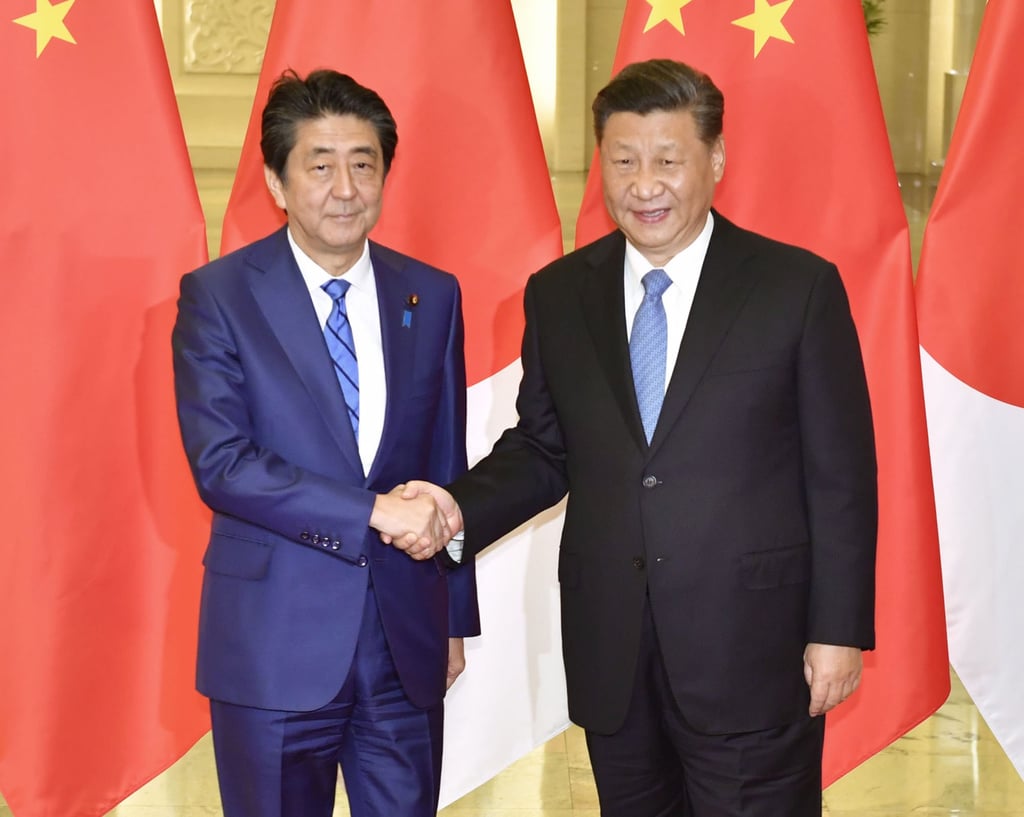Editorial | Killing of Shinzo Abe stresses painful need to root out extremism
- Assassination of Japan’s longest-serving prime minister is a shock to the nation and world, and serves as wake-up call

The assassination of Shinzo Abe, Japan’s longest-serving prime minister, is a shock to the nation and world. Political and gun violence are rare in a country that prides itself on being so safe.
There was no greater figure in Japanese politics, and the manner of his killing is a wake-up call. Although the motive is unknown, the rise of extremism and radical behaviour are growing global threats and societies everywhere have to strive to curb their spread for the sake of peace and stability.
Abe, 67, was giving a campaign speech in the southern city of Nara for a candidate in Sunday’s elections when he was shot. The suspect was quickly arrested and his apparently home-made weapon seized.
Gun ownership in Japan is tightly regulated, and although there are occasional shootings among gangs, violent crime rates are low. Political assaults are especially unusual; in markedly different times, a prime minister was murdered by imperial naval officers in 1932.

Japanese are understandably distressed. After a string of leaders with short terms in office, Abe’s record-breaking second spell from 2012 to 2020 brought political stability.
Although known as a right-wing nationalist, he was also pragmatic. He had bold visions to rejuvenate Japan’s stagnant economy, revise the pacifist constitution and give the country a stronger voice in the region and world.
